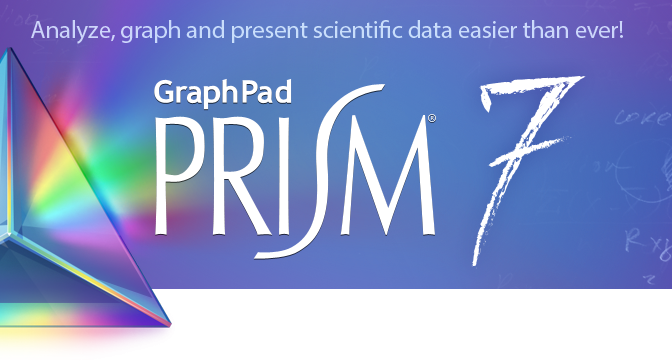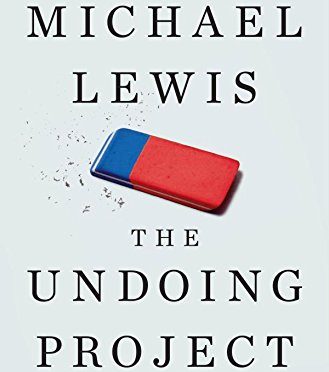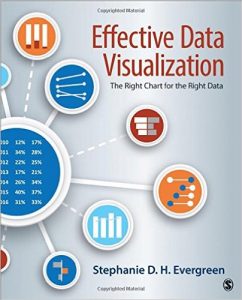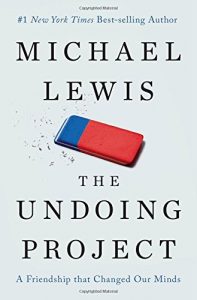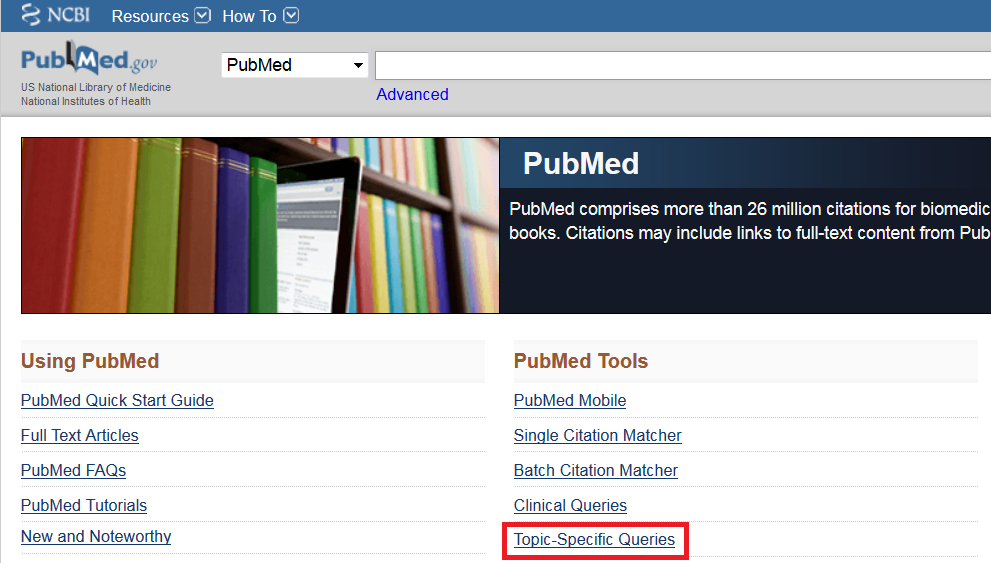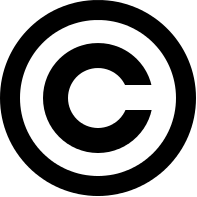GSC Career Paths Committee
On February 13, 2017, the GSC Career Path’s Committee kicked off the year with a workshop learning the basics of the Prism Graphpad software. In the past, students had expressed interest in analysis of data using statistical software as well as graphing the data in a presentable fashion. Therefore, the GSC thought a workshop on PRISM would not only be very useful but also have a significant impact on the students’ research careers. The workshop was kindly guided by Dr. Dan Cox, a professor in the Neuroscience department, and it took place in the computer room in the Sackler library. The workshop was well-received, according to GSC representatives Vaughn Youngblood and Roaya Alqurashi. “(The workshop) was a successful one. The attendees loved how Dr. Cox explained each application you will need to use in Prism with an active learning experience” Roaya said. Vaughn mentioned “the Prism workshop was helpful! It taught the fundamentals of using Prism along with how to represent different types of data. Hopefully, we can bring Dr. Cox in for another session with another statistical program like R.” If time permits this year, the GSC Career Path’s Committee hopes to hold several more workshops like this with different analysis softwares (R, SAS, etc.).

